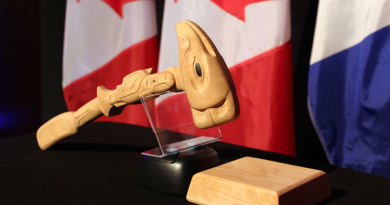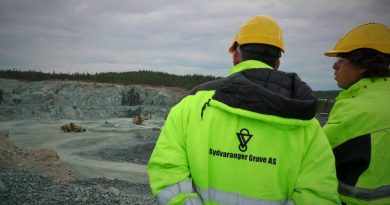Akulivik workers say municipal service problems need action
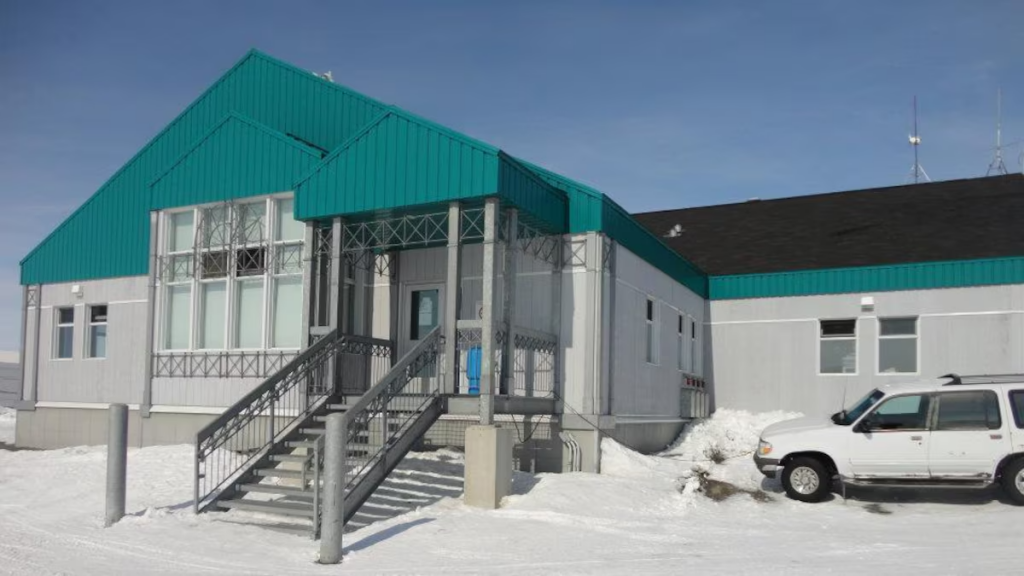
Health and social services workers in the Nunavik village of Akulivik, Nunavik, say an alarming lack of water, the absence of garbage collection and an out-of-service ambulance needs urgent action from authorities.
“We are dependent, almost captive, to the services provided—or not provided—by the municipality,” said one of the workers. (Radio-Canada is withholding their name as the individual is concerned they will face reprisals for speaking to the media).
The village, unconnected to the provincial road network, has been facing some of these problems for several months, and even years in some cases, and is only getting worse due to a lack of leadership and municipal responsibility, the workers say.
Recurring water problems
With no sewage or water distribution system, Akulivik, like most other Nunavik communities, relies on tanker trucks to deliver fresh water and remove sewage from buildings and residential homes.
In recent months, many homes have regularly run out of water, sometimes up to five weeks, preventing residents from drinking and washing.
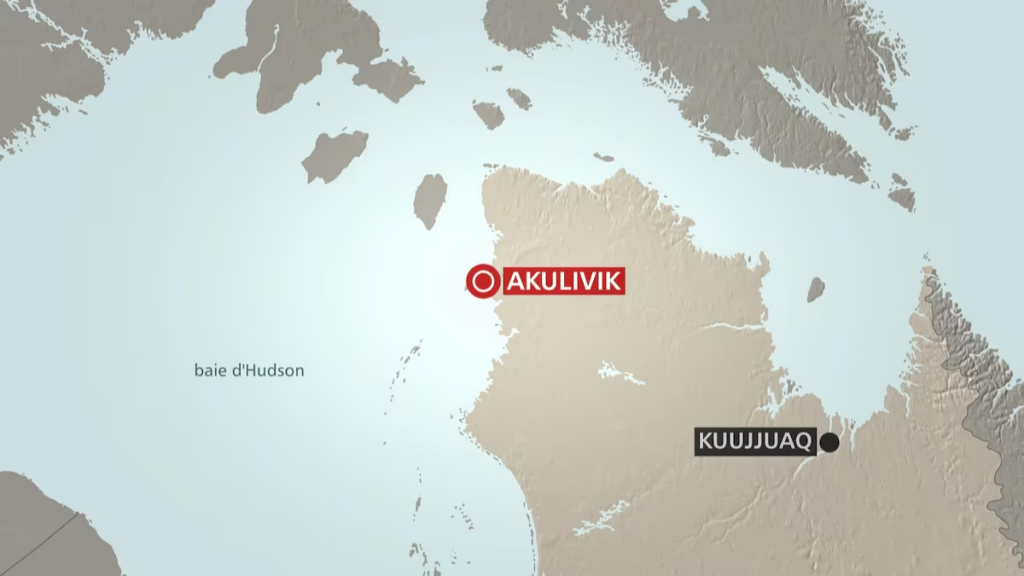
Dermatological problems, urinary tract infections, hepatitis and viral outbreaks (such as gastroenteritis) are on the rise in the village, according to health workers interviewed by telephone by Radio-Canada’s Espaces autochtones website.
Parents have even had to melt snow to fill milk bottles with infant formula, they said.
The local CLSC health clinic has also faced water access problems, further complicating patient treatment.
Last week, a patient suffering from kidney damage had to be flown to the village of Puvirnituq because she needed to be rehydrated, as there was no water at her home or at the local clinic.
“It’s damaging the health of the people at Akulivik[…],” said a health and social services worker in Akulivik. “Human rights are being compromised.”
Unreliability of municipal vehicles
Other sanitation problems are caused when the garbage collection truck breaks down.
Because of the presence of dogs, wolves and polar bears, the garbage can’t be left outside, forcing residents to store their garbage for weeks at a time at home or in sheds adjacent to their houses.
Occasionally, a snowmobile will pass by certain homes to collect the garbage, but cannot serve the entire population.
Workers also say the local ambulance was stuck in the snow for two weeks unable to get out, as the loader used for removal has also been stuck under snowfall.
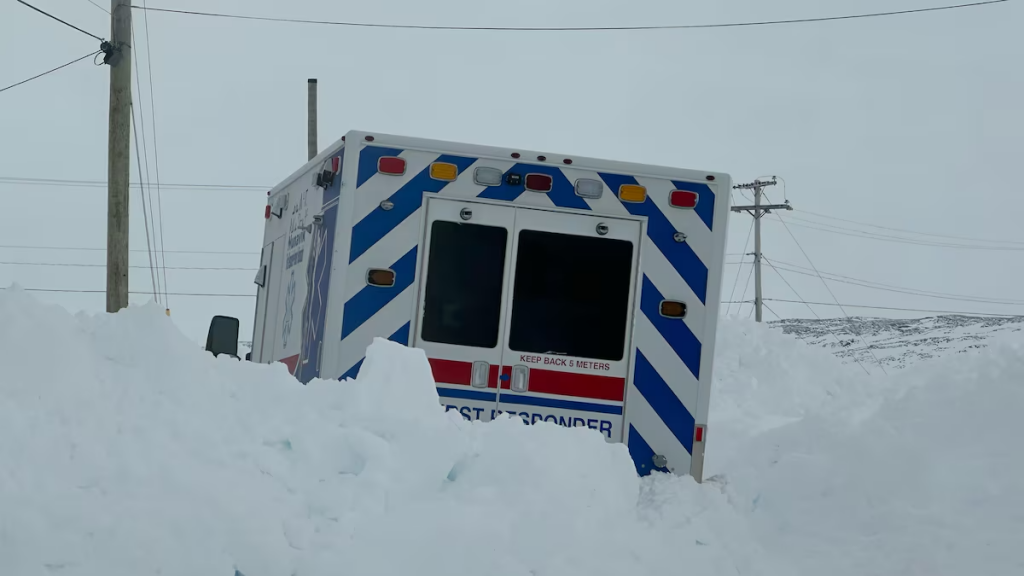
On Wednesday, the ambulance was finally towed out but will remain unusable until it is thawed and its mechanical problems can be resolved.
On healthcare worker said a beaten patient with a suspected spinal fracture had to go to the clinic on his own as no ambulance or other emergency vehicle was available.
“He could have had an aggravated injury, or lesions, or permanent trauma due to the fact that he mobilized when he should have been immobilized,” said the worker.
In this and other recent cases, patients have been flown elsewhere for treatment. Treatment times have “increased considerably [because of] this break in services,” said the health care worker.

Challenges from blizzard
A major blizzard hit Nunavik last week causing a blackout. The health clinic’s generator didn’t work properly and hadn’t been regularly maintained or checked, the workers say.
As a result, the clinic was unable to operate many important tools, such as the defibrillator, monitor and pumps, they said.
The emergency number also wasn’t working, the workers say, and neither was the backup emergency satellite phone.
The blackout lasted between two and three days for most of the community and many inhabitants took refuge in the village school.
But the workers say that other than unlocking the school, the municipality did nothing else to assist the people gathered there.
“It was miserable,” said a health and social services worker. “We saw elderly, vulnerable people, completely left to their own devices. They weren’t even provided basic camping beds, sleeping bags or blankets. Nothing at all.”

Some workers asked their supervisor that the Red Cross or the army be called into help, but was reportedly stymied by the mayor, the workers said.
“People are very protective of each other in Nunavik,” said one of the workers. “Information remains very much in a vacuum. […] That’s why it didn’t go to higher levels.”
The workers say what they’ve seen in the community shouldn’t be par for the course.
“We get a lot of arguments from authorities outside the village: ‘Ah yes, but this is the North,” said one worker. “I’m sorry, but I’ve been in the North for 20 years, and I can assure you that the North wasn’t always like this. […] I can’t accept that as an answer, because the means exist.”
“Right now, we’re doing pretty well,” says Akulivik mayor
Elected in 2021, Akulivik Mayor Eli Angiyou admits that problems with water access and garbage collection persist in the community.
“We have [water problems] every year, and it’s not getting any better with climate change,” he said.
Electricity and plumbing problems have also affected the health clinic, but besides the generator problem, he said the nurses have been able to keep the clinic open, “so they’re doing very well.”
Angiyou said he doesn’t think the municipality needs outside help, as emergency plans are in place, and the municipality is already working with the Sûreté du Québec and regional police.
“I don’t think our emergency measures require any outside help […],” Angiyou said. “Right now, we’re doing pretty well.”
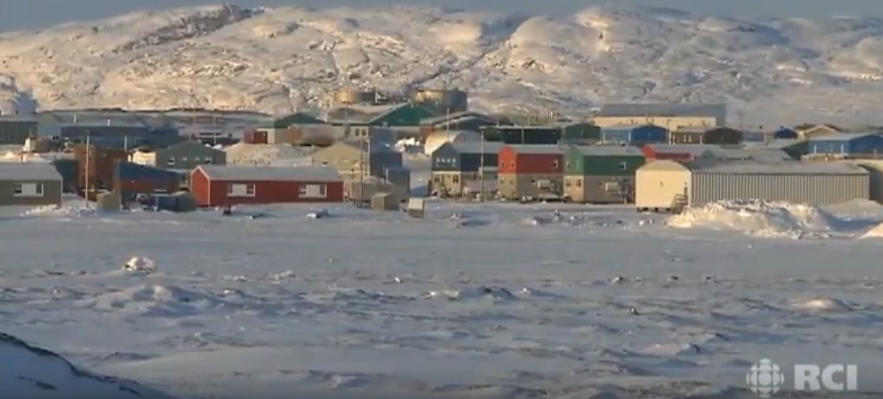
Regarding the ambulance stuck in the snow, Mayor Angiyou assures us that the Municipality has been asking for a snow loader for a long time, but doesn’t have the funds.
Angiyou said he’d like more loaders provided to his municipality to prevent situations similar to the one with the ambulance. He also called for additional support for his community, especially in light of population growth and the growing demands on infrastructure.
“We’ve done everything we can do as a [municipal] council, now there’s nothing we can do except make resolutions asking for this and that,” he said. “But that doesn’t get us anywhere.”
The Quebec government secretariat serving First Nations and Inuit, the Secrétariat aux relations avec les Premières Nations et les Inuit said they were alerted to minor homes damage, since repaired; a need for generator maintenance; and a problem with the ambulance. It also said it was aware of recurring water problems, and that bottled water would be sent.
It said it was not aware of the health and socials worker requests for assistance but would look into it.
The Ministry of Health and Social Services said it was working with the Kativik Regional Government, the body that administer’s Nunavik, along with other ministries to find solutions to the community’s water problems.
At the time of publication, the Kativik Regional Government had not responded to Espaces autochtones emailed request for comment.
Translated from Radio-Canada’s Espaces autochtones.
Related stories from around the North:
Canada: Nunavut gets $35 million from Ottawa for health care services, CBC News
Finland : Finland’s elder care needs funding boost to meet Nordic standards: researcher, Yle News
Sweden: Giving birth in a car: a real rural problem in Sweden, Radio Sweden
United States: Alarming number of patients at Alaskan psychiatric emergency room, Alaska Public Media


